1. Phonograph 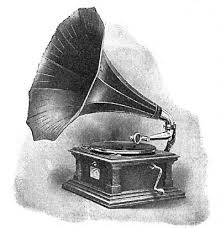
In 1877, Thomas Edison developed the record-playing phonograph. Later on in the 20th century, it was replaced with a sleeker and smaller record player.
2. Boom Boxes 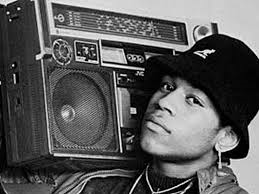
Sales of boom boxes boomed in the 1970s, but our music-delivery systems have gotten vastly smaller.
3. VHS 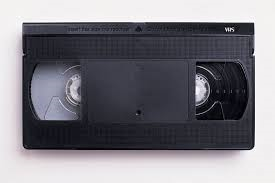
Invented in the 1980s by JVC, the VHS video format dominated the market, beating out Sony's Betamax.
4. Laser Disc Players 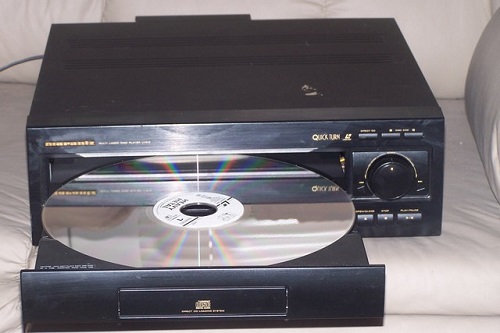
These laser discs were invented by MCA DiscoVision in 1978. Users inserted the large DVDs-like discs into the player to watch content.
5. PDAs 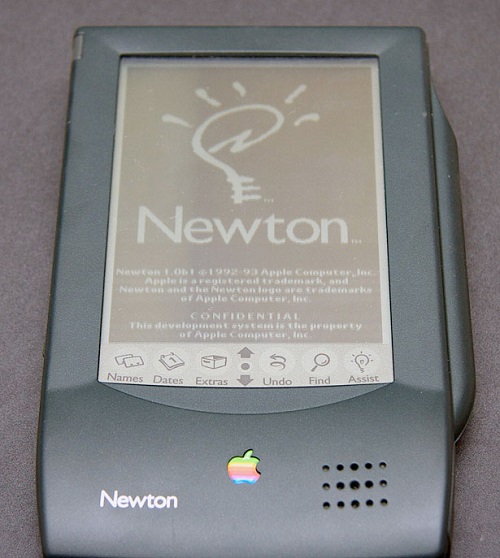
Apple’s Newton was a Personal Digital Assistant, allowing users to carry around a pocket-sized computer-type object. Although it was considered a failure, the development of this device paved the way for the iPod and the iPhone.
6. Pagers 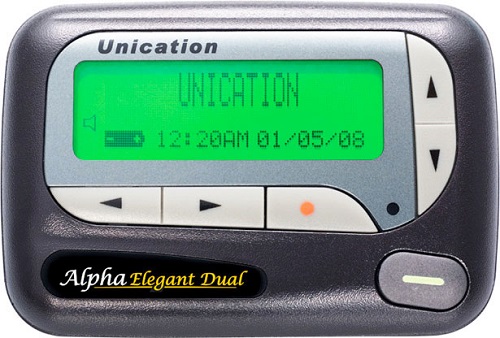
Pagers were popular from the 1970s through the 1990s. When cell phones hit the market, pager use became antediluvian.
7. Dial-Up Modems
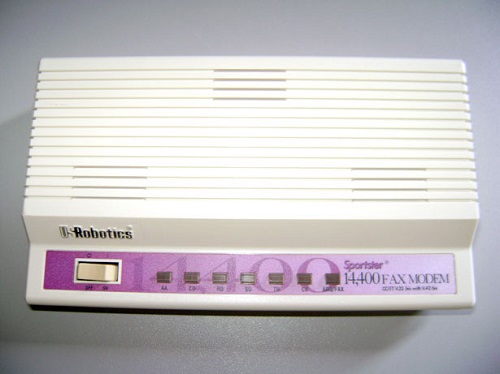
These modems were ubiquitous until cable and DSL Internet connections became available.
8. Floppy Disks
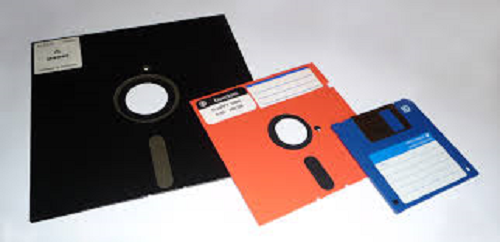
You backed up files and documents with floppy disks in the 1970s.
9. Slide Projectors

Now retailers sell pocket-projectors that stream from a computer or USB drive.
10. CRT Monitor
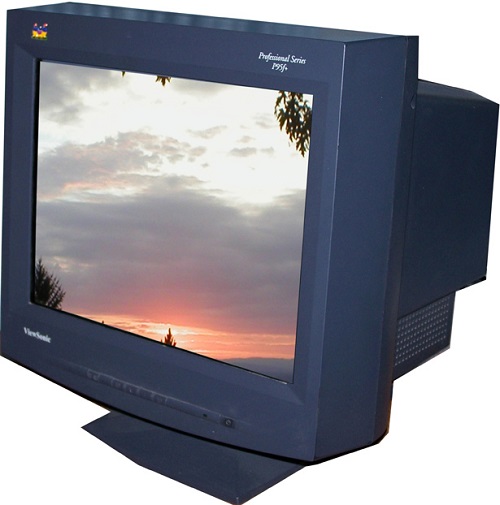
This type of monitor used cathode ray tubes (CRTs) to create picture quality that is scoff-worthy to our modern eyes.
11. Gigantic Mainframes
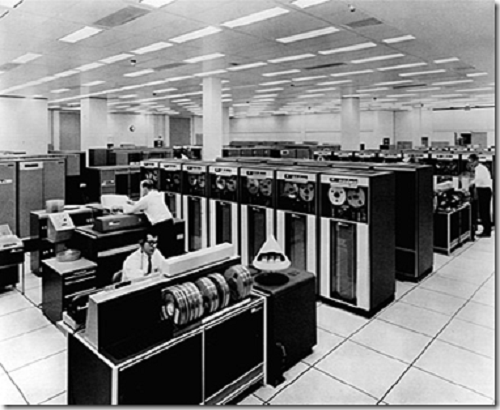
Mainframes are still used, but thankfully they don’t take over your entire room. Also, information is no longer stored on magnetic tape. Your smartphone holds far more information than this mainframe.
12. Cassette Tape Recorders
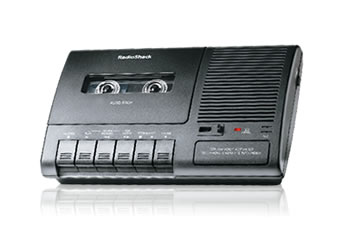
Used mostly by journalists, these convenient recorders were less massive than their reel-to-reel predecessors.
13. “Super 8/8mm” Handheld Video Cameras
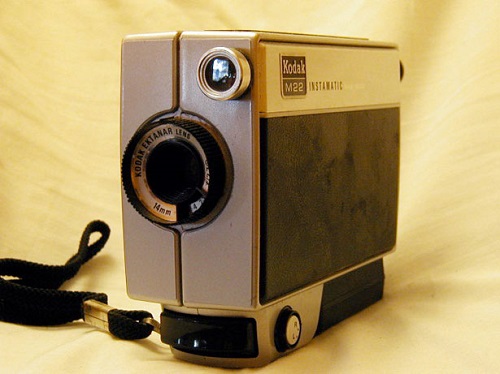
In 1965, Kodak created this film format. Capturing everyday moments was now simple and affordable for personal media making.
14. Portable Televisions
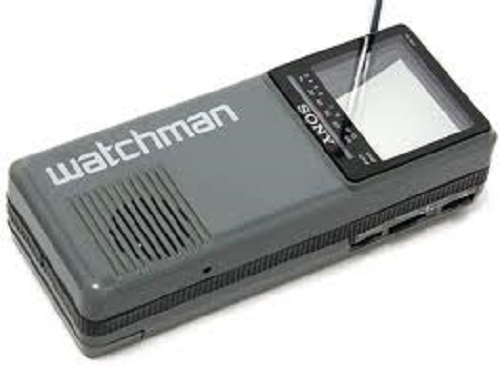
Handheld TVs like Sony’s Watchman provided limited channels, and never really became that popular.
15. Seiko Wrist Computer
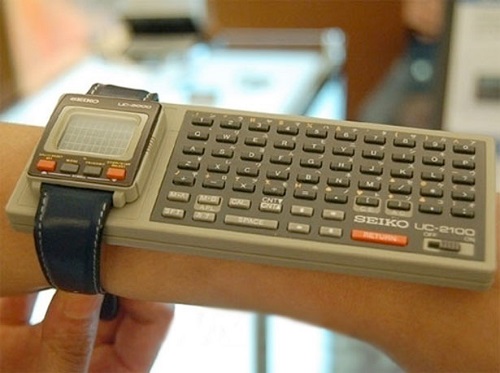
In 1984, this computer was as smart as a smartphone could get for that time. It was quite large, taking over nearly half of the wearer’s arm.
Advertisement
Learn more about Mouser Electronics





